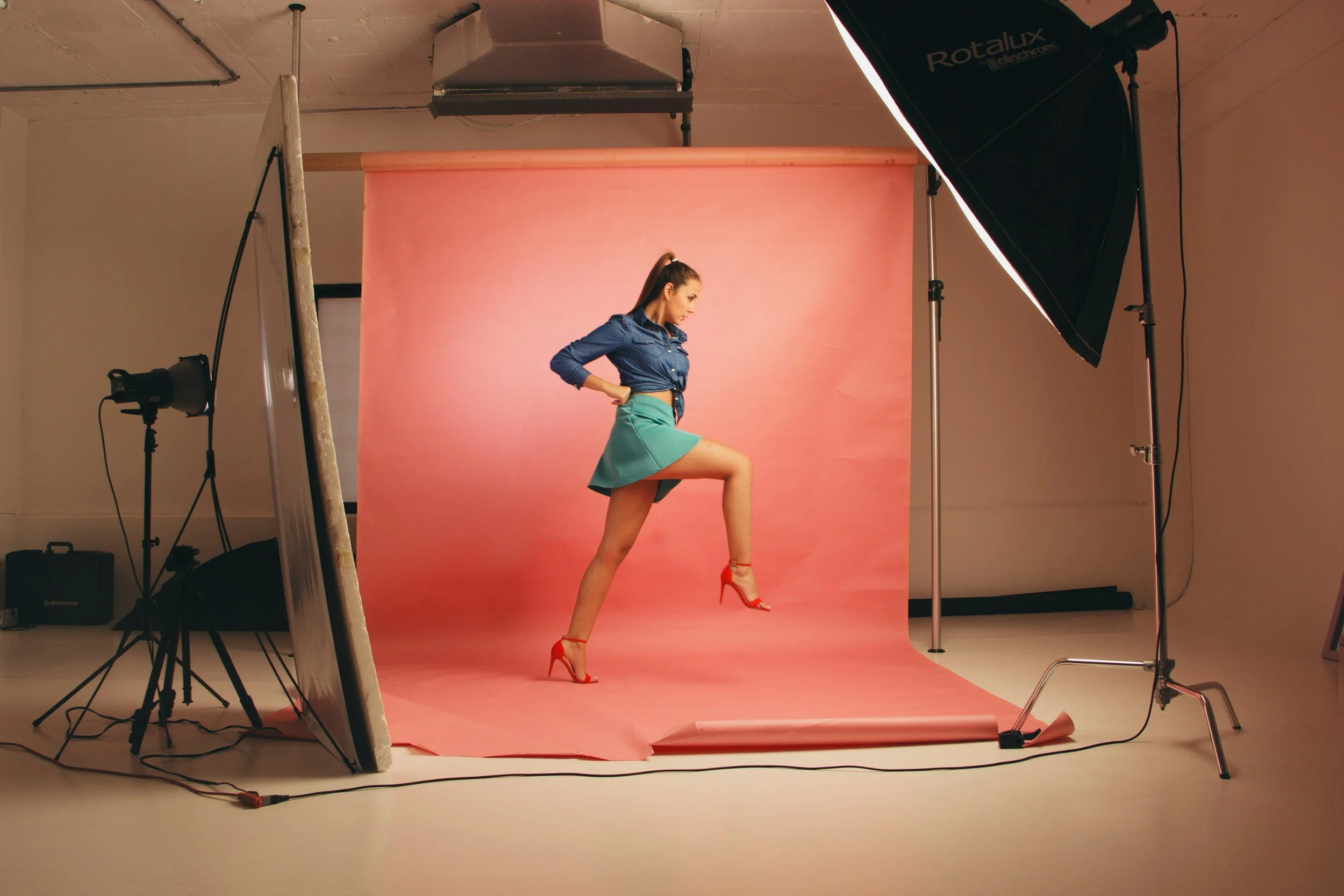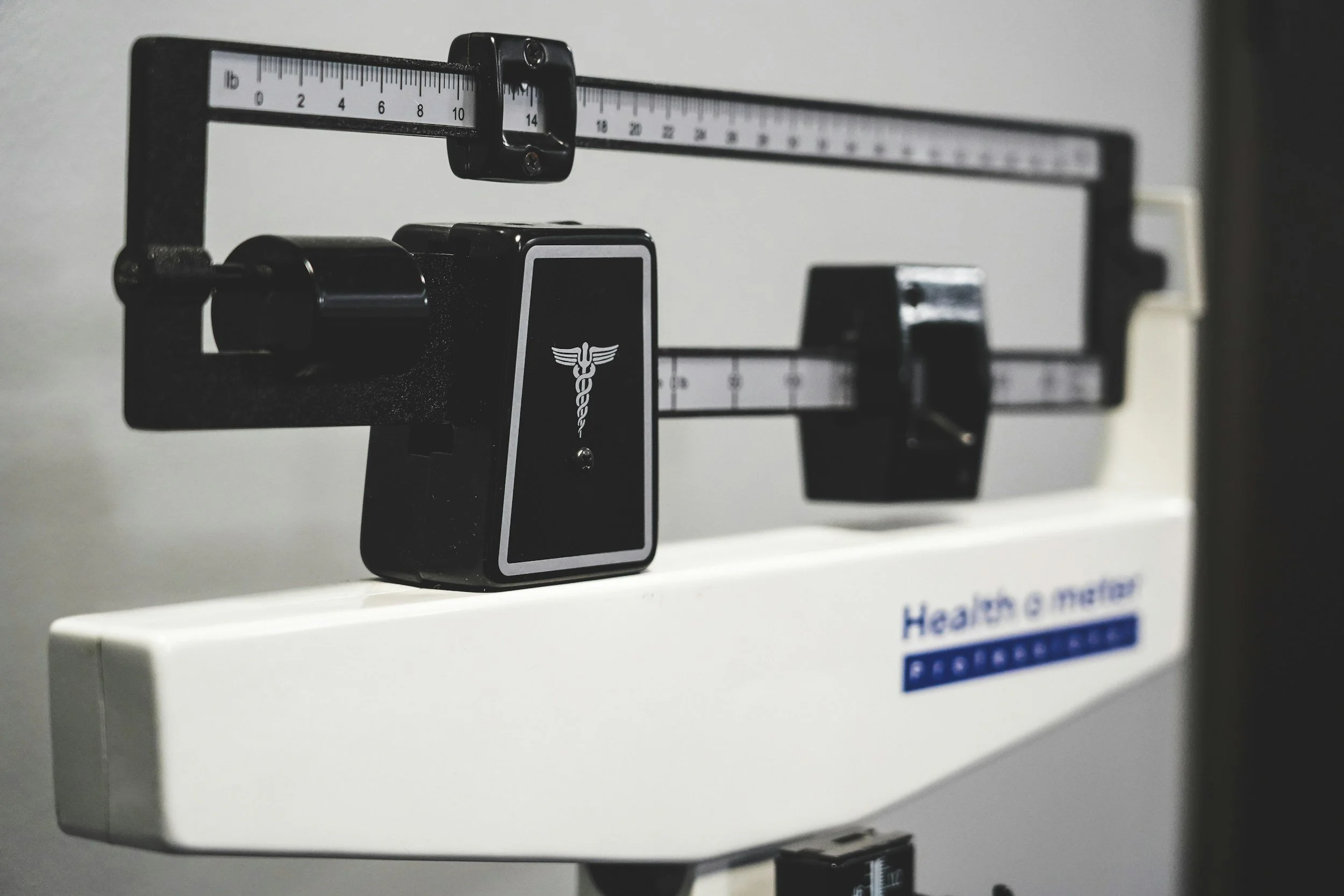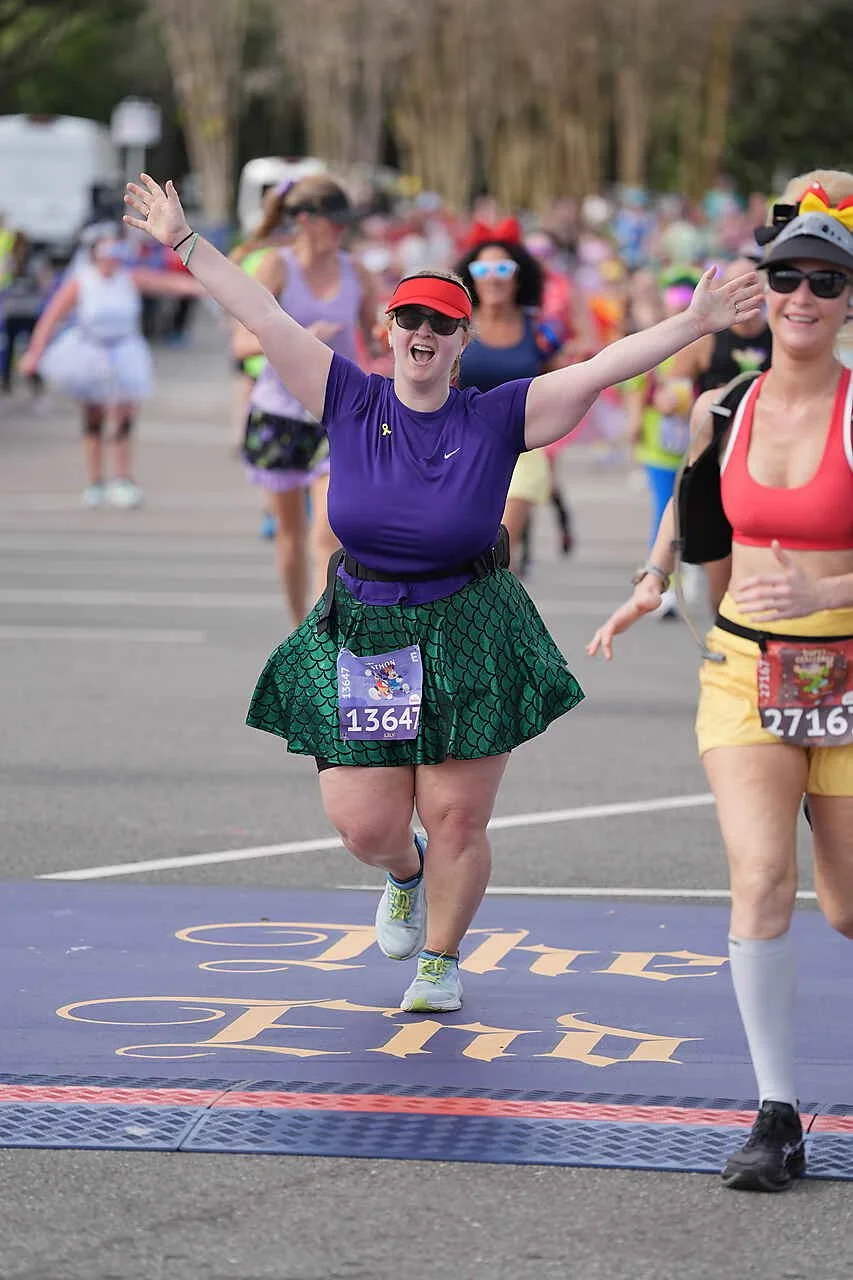The Return of the 2000s Thinfluencer Trend: How to Protect Your Mental Health in a Culture Obsessed with Body Image
The Return of the 2000s Thinfluencer Trend: How to Protect Your Mental Health in a Culture Obsessed with Body Image
Written by Lily Thrope
It’s hard to miss: the low-rise jeans, the hyper-thin aesthetic, the influencers promoting restrictive routines disguised as “wellness.” The early 2000s thinfluencer vibe is back and it’s causing serious concern for anyone who’s working to heal their body image, recover from an eating disorder or navigate aging.
As someone who supports clients in their eating disorder recovery journeys, I’ve seen firsthand the damage these recycled trends can do. And like many of you, I’ve found myself thinking: Didn’t we move past this already? As a reminder our bodies are not trends and they deserve better than this constantly changing minefield of expectations.
Thinness as a Trend: Why It's So Dangerous
The thing about trends is... they change. And that’s exactly the problem. When body shapes and sizes become trends, when they become fashionable or unfashionable, it sends the message that bodies are objects to be controlled, altered, or "fixed" to match a fleeting standard.
This is especially damaging for young people who are still forming their sense of identity and self-worth. When the cultural ideal shifts toward extreme thinness, it can ignite or exacerbate disordered eating, poor self-esteem, and a deep sense of not being enough.
Social Media and the Urge to Compare
Let’s talk about the social media effect. Platforms like Instagram and TikTok create constant opportunities for comparison. We scroll, we consume, we compare—and often, we come away feeling less-than. Being on social media as a young person (or any age) can greatly impact identity formation.
So much of what we see is curated to appear effortless: What I eat in a day. How I workout. My morning routine. My transformation journey. It can be overwhelming, even for those of us with strong recovery foundations.
I often describe diet culture online as a form of psychological warfare. The messaging is subtle and manipulative, tapping into very human desires, belonging, worthiness, identity, and twisting them into reasons to buy into programs, products, and lifestyles that are rooted in shame.
My social media is meant to be a space for healing, hot takes, authenticity, and body confidence, especially for those in larger bodies. But I’ll be honest: even my feed is curated. No matter how real we try to be online, there’s always some level of editing, choosing, or filtering involved. Still, I stay in this space because I want to be a different voice, a counter to the flood of thinfluencers and accounts that thrive on tearing people down. I’m here to offer something more grounded, more compassionate, and more real.
The wellness industry profits when you feel broken. My personal act of resistance? Choosing not to engage in it. And helping my clients do the same.
Curate Your Feed. Protect Your Mind.
One of the most effective things you can do to protect your mental well-being is to take control of your online environment. Curate your social media feed like you would your home, make it safe, nourishing, and supportive.
Unfollow accounts that make you feel unworthy. Mute content that promotes body shame or unrealistic beauty standards. Seek out creators who value diversity, authenticity, and healing.
And remember: if someone is trying to sell you a solution that depends on you being the problem, that’s a red flag. Healing doesn’t come from picking yourself apart, it comes from building yourself up.
Stand in Your Truth
One of my favorite practices to combat the pressure of trends is helping clients connect with what I call their truth. This means identifying your personal values, understanding what truly matters to you, and using that as your anchor.
When trends shift and culture tries to tell you who to be or how to look, come back to your truth. Ask yourself:
What do I value most in life?
What makes me feel grounded, whole, and connected?
Does this trend align with who I am and what I believe?
This self-inquiry can be deeply healing and is something worth exploring in therapy or with a trusted support team.
The resurgence of the 2000s thinfluencer aesthetic is more than just a trend, it’s a cultural moment that can deeply affect how we see ourselves. But you don’t have to participate in it.
You can choose something different. You can unfollow, unsubscribe, and unplug from anything that tells you your body is a problem to solve.
And most importantly, you can stand in your truth. That’s where real healing begins.
If you want to learn more about combating the return of the 2000s thinfluencer, consider speaking to a professional. Feel free to reach out to us at Thrope Therapy and schedule your free 15 minute consultation.You can email us with any questions or inquiries at hello@thropetherapy.com. We look forward to hearing from you!




